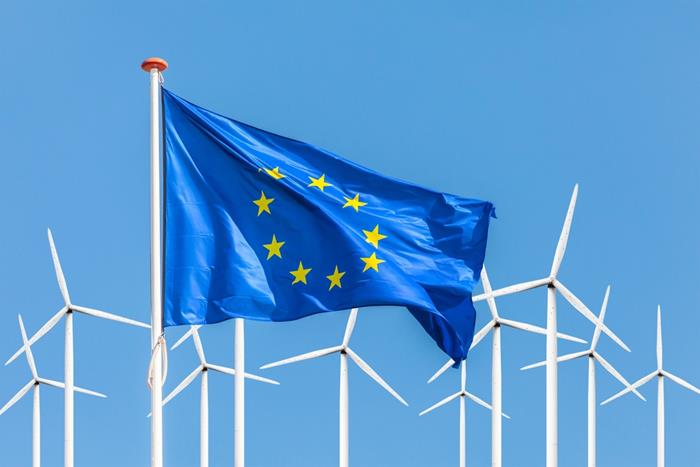A leading body in the drive for responsible business has warned against removing elements of new European Union laws that makes “sustainability” due diligence mandatory.
The alarm has been sounded by B Lab, a body that certifies B Corps—companies that meet high standards for environmental and social performance—and operates around the world.
Writing for Euro News, B Lab leaders argue that doing away with mandatory consideration of sustainability issues when undertaking due diligence would be an error.
“Despite overwhelming support (including up to 89% of individual responses for the EU consultation) for this kind of regulation, some EU member states and a number of MEPs are advocating now to remove this obligation from the directive,” write Katie Hill, executive director of B Lab Europe and Wojciech Baginski, a director on B Lab’s global board of directors.
“This would be a huge missed opportunity and threatens the success of achieving the EU’s Green Deal targets, which depend heavily on mass-regulated change in corporate behaviour and accountability.”
It is article 25 of the EU’s Corporate Sustainability Due Diligence Directive that currently imposes a “duty of care” on directors to consider sustainability matters when undertaking company business.
Hill and Baginski are at pains to point out that the duty is not one to “prioritise” sustainability, as some opponents have claimed. “Finding the proper balance is to be left to company directors,” they say.
They add: “Revising directors’ duty of care on any level would be a strong signal that it is no longer tolerable for directors of companies to operate without considering the wider implications of their decisions and to justify them based only on profits.”
The intervention comes ahead of a European Parliament vote on the directive expected in May, the final stage in clearing the new laws, after much wrangling.
Damage limitation
Many have described the new directive as a “turning point” in the movement toward sustainable business and likely to prevent damage to the environment and human rights. Observers believe it could also cut environmental and wildlife crime.
However, there has been concern about the scope of the new directive, with fears that banks and investment funds may win an exclusion from the new rules. There are also worries that it will not apply to SMEs directly, though they may be affected indirectly as larger companies inspect their supply chains.
The precise terms of the new directive could be critical in the future after some experts recently predicted that it could help prompt a spike in ESG litigation. At a discussion at Davos in January, Sebastian Vos , chair of the global public policy practice at law firm Covington & Burling, said more courtroom action could be on the cards because new legislation will “make it increasingly necessary” for companies who are either European headquartered, or who have substantial operations in Europe, to be transparent about their activities.
“And that opens companies up to the risk of more litigation,” he said.
To some extent the predictions are coming true, even without new EU rules. Last month, three NGOs, among them Oxfam and Friends of the Earth, lodged papers against BNP Paribas, claiming the bank had neglected its duties under France’s own sustainability due diligence law, the “loi de vigilance”.
Elsewhere, another NGO, ClientEarth, has opened a first-of-its-kind case against Shell, claiming the company’s directors breached fiduciary duties by coming up with a climate transition plan that fails to “align with the Paris Agreement” on climate change.
Around the world, expectations that companies will participate fully in the battle against climate change and environmental degradation are mounting. That is turning into closer scrutiny of new laws and a willingness to use the courts to examine corporate policies and enforce directors’ duties. Boards should heed the warning signs.




